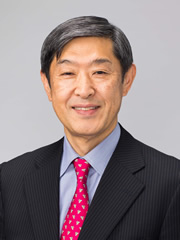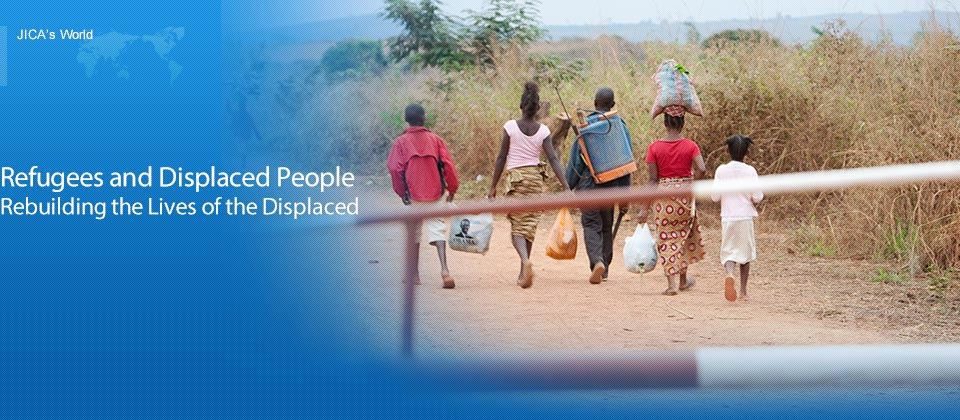Japan’s Approach to Developing Countries – as a Proactive Contributor to Peace. Breakfast debate with Shinichi Kitaoka, President, Japan International Cooperation Agency (JICA)

Practical information
Debate chaired by Thierry de Montbrial, Executive Chairman of Ifri.
By invitation only.
This event is aimed at Corporate Members of Ifri.
Working language: English.

Mr. Shinichi Kitaoka is President of the Japan International Cooperation Agency. Before assuming the present post, he was President of the International University of Japan.
Mr. Kitaoka's career includes Professor of National Graduate Institute for Policy Studies (GRIPS) (2012-), Professor of Graduate Schools for Law and Politics, the University of Tokyo (1997-2004, 2006-2012), Ambassador Extraordinary and Plenipotentiary, Deputy Permanent Representative of Japan to the United Nations (2004-2006), Professor of College of Law and Politics, Rikkyo University (1985-1997)
Mr. Kitaoka's specialty is modern Japanese politics and diplomacy. He obtained his B.A. (1971) and his Ph.D. (1976) both from the University of Tokyo. He is Emeritus Professor of the University of Tokyo.
He has numerous books and articles in Japanese and English including A Political History of Modern Japan: Foreign Relations and Domestic Politics (Tokyo: Yuhikaku, 2011), Political Dynamics of the United Nations: Where Does Japan Stand? (Tokyo: Chuokoron-Shinsha, 2007) and Japan as a Global Player (Tokyo: NTT Publishing, 2010)
He received many honors and awards including the Medal with Purple Ribbon for his academic achievements in 2011.
Other events

EV Supply Chains for Japan and Europe: Strengthening Economic Security
Economic security aims to ensure the resilience of supply chains for key industries: the case of electric vehicle production in Japan and Europe will be discussed.

From Ambition to Action: Exploring Technological Partnerships with India
The 16th EU-India Summit, held on January 27th in New Delhi with European leaders António Costa, Ursula von der Leyen, and Prime Minister Narendra Modi, marks a significant milestone in deepening EU-India relations. At the same time, official bilateral visits from EU member states are on the rise, including that of the French President, who visited India in February to participate in the Artificial Intelligence Summit. As India asserts its technological ambitions and seeks to reduce its dependence on China, Europe is stepping up its efforts to diversify its strategic partnerships.






